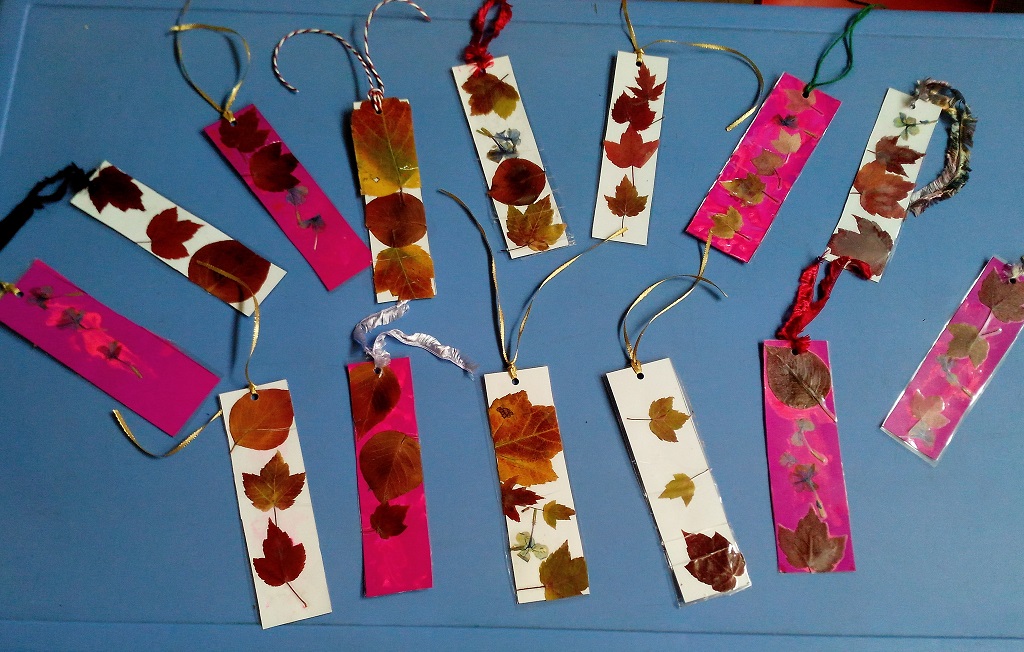Spielwelt German Parents Association is a not for profit organisation running children’s programs in German in Canberra 

What can you do to promote gratitude in your child’s life?
The best practice is to lead by example, and chat about these with your child. Some ideas are to:
- do something kind for someone else
- love and appreciate each other
- focus on what you have, not what you don’t have
- when your child is old enough, ask them ‘how would you feel without ___?” This draws attention to their own situation, and the difficulties that others might face.
- try to cut back on complaints
- take time, perhaps at dinner each evening, to reflect on what made your day good.
- communicate thanks: be it, verbally, via a letter, or returning a favour
- be vocal about what you are grateful for and share your positive thoughts!
What are we doing at GAP to promote our feelings of gratitude?
We are very grateful every day for our delightful children, supportive parents, an amazing team of teachers, our food, water, building, playground, toys and community. From time to time, we:
- thank our Mothers, Fathers, Omas, Opas and other carers
- make a poster or collage with all the things we’re grateful for
- celebrate each other
- say thank you to each other
- keep a gratitude jar: when children think of something they are grateful for, we write it on a piece of paper and put it in the jar. At intervals through the term, we empty the jar and read all the thankful thoughts
- thank our children and teachers before leaving each day
- talk about how lucky we are to all be together having such fun
- look in wonder at the giant trees and tiny bugs we find in the park and feel thankful to be part of it all
- read stories about being thankful
- talk in circle time about the things in our lives we are thankful for (and being thankful to our parents comes up a lot, you will be pleased to know).
Our commonly used gratitude phrases at GAP:
“Danke!”, “Danke schoen!” and “Dankbar” (which mean thanks, thanks a lot, and thankful).
Return to our mental health and well-being main page to access links to read about other themes we focus on.
